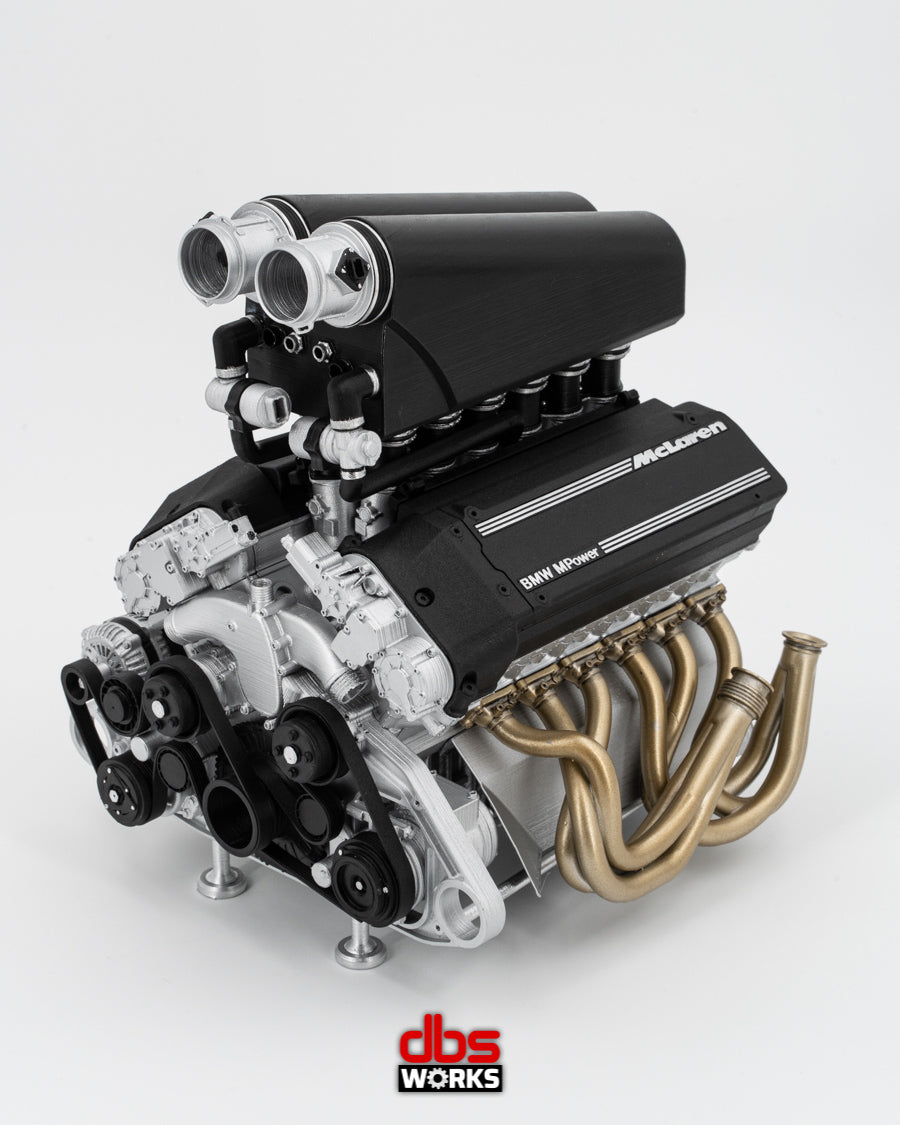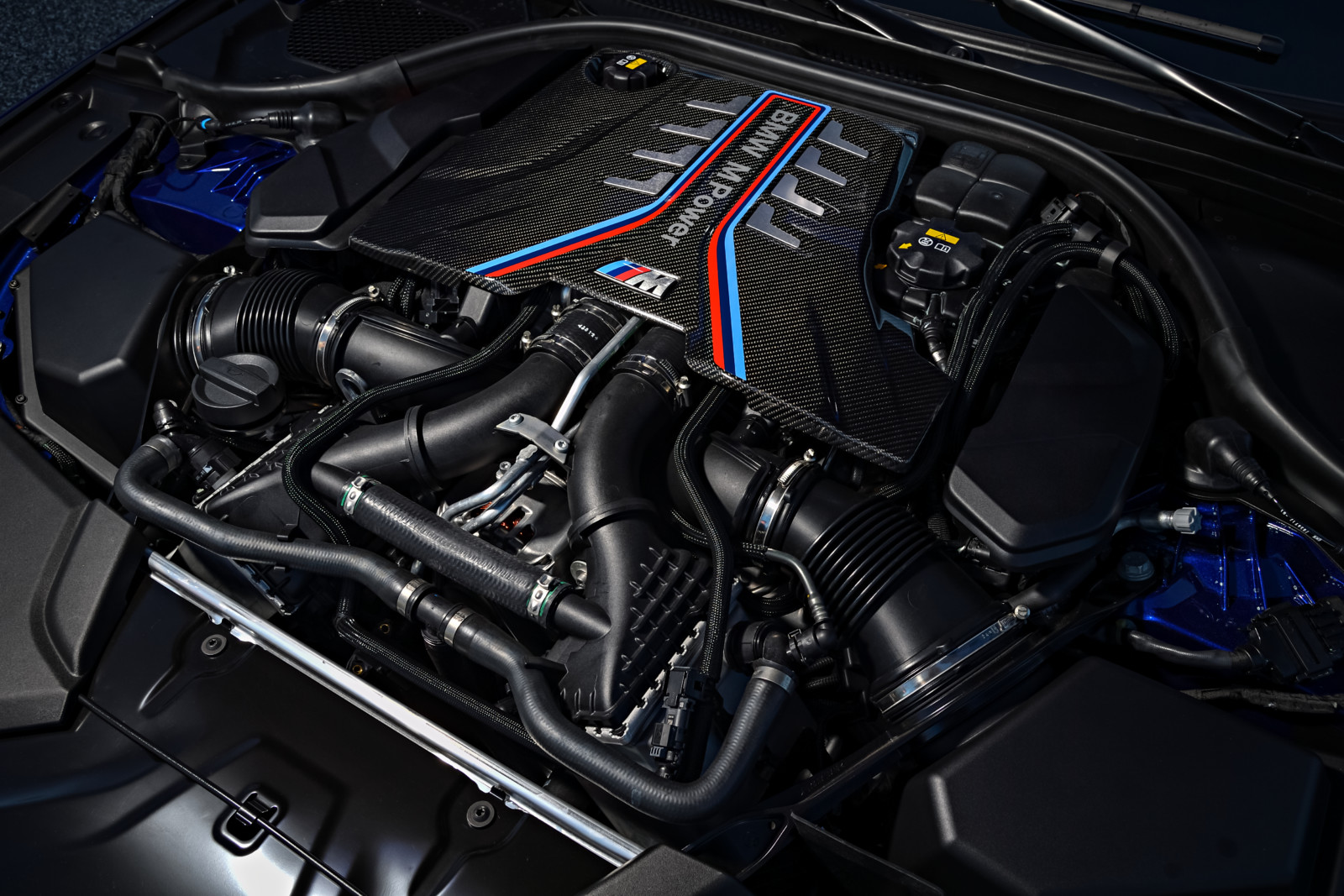A Comprehensive Guide to Understanding BMW Engine Specs
A Comprehensive Guide to Understanding BMW Engine Specs
Blog Article
Introducing the Intricacies of Next-Generation Power Units: a Deep Study Advanced Engine Styles and Technologies
In the world of automotive engineering, the relentless pursuit of performance, sustainability, and performance has driven the advancement of power devices to unmatched heights. As we stand on the precipice of a new period in transport, the details of next-generation engine layouts beckon us to check out the sophisticated modern technologies and technologies that assure to redefine the driving experience. From sophisticated materials that push the boundaries of resilience and weight reduction to innovative turbocharging and turbo charging systems that raise power outcome to new levels, each component of these power devices holds a crucial to unlocking the future of automotive design. Delving much deeper into the worlds of discharge control, intelligent engine monitoring systems, and the perspective of power unit development, we locate ourselves on the cusp of a transformation that guarantees to improve the landscape of flexibility as we know it.
Evolution of Engine Materials

The shift towards advanced engine materials has actually additionally made it possible for engineers to create engines with greater power results while keeping gas efficiency requirements. As an example, using light-weight products reduces the overall weight of the engine, causing enhanced gas economic situation and reduced exhausts. Furthermore, improvements in materials innovation have enabled for better thermal management within engines, resulting in enhanced reliability and long life.
Turbocharging and Supercharging Technologies
Just How do Turbocharging and Supercharging Technologies transform engine efficiency and efficiency in modern lorries? Supercharging and turbocharging are innovations that substantially improve engine performance by raising the amount of air intake right into the combustion chamber. Turbocharging achieves this by using a turbine driven by exhaust gases to pressurize the consumption air, while supercharging makes use of a belt- or chain-driven compressor to achieve the same result.
These innovations make it possible for smaller, more fuel-efficient engines to generate power equivalent to larger ones, known as downsizing. By compeling more air into the cylinders, turbocharging and turbo charging enhance combustion effectiveness, resulting in raised horsepower and torque result without a considerable rise in engine size. This brings about much better acceleration, pulling ability, and overall driving efficiency.
Moreover, turbo charging and turbocharging add to improved gas performance by enabling the usage of smaller engines that consume much less gas under typical driving conditions - bmw engine. This mix of boosted performance and performance has made turbocharging and turbo charging indispensable components of lots of modern-day engine designs
Discharge Control and Environmental Influence
With increasing worldwide worries regarding air quality and ecological sustainability, the implementation of emission control innovations in automobiles plays an essential function in minimizing hazardous contaminants launched into the environment. Modern vehicles are equipped with advanced discharge control systems that aid minimize the environmental effect of vehicle procedures. Catalytic converters, as an example, are made to transform hazardous gases such as carbon monoxide gas, nitrogen oxides, and hydrocarbons right into much less harmful substances like co2 and water vapor.
In addition, developments in engine modern technology, such as the assimilation of exhaust gas recirculation systems and careful catalytic reduction, have considerably added to decreasing exhausts. These modern technologies operate in tandem to enhance combustion efficiency and decrease the launch of dangerous contaminants into the air. Additionally, the development of hybrid and electrical automobiles represents an important step towards reducing the total ecological footprint of the transport market.
Intelligent Engine Management Systems

Moreover, these systems make check my blog it possible for cars to meet strict exhausts criteria without compromising efficiency, offering a much more ecologically friendly driving experience. The integration of man-made knowledge and maker discovering capabilities in engine management systems continues to press the limits of what is possible, causing more renovations in performance, dependability, and total automobile performance. bmw engine. As auto technology breakthroughs, intelligent engine management systems will certainly play an essential function in shaping the future of transport towards an extra lasting and efficient instructions
Future Trends in Power Device Growth
As smart engine administration systems lead the way for improved control and optimization in modern cars, future patterns in power system growth are positioned to redefine the landscape of auto propulsion technologies. Among the essential patterns driving innovation in power unit growth is the shift in the direction of electrification. With a boosting concentrate on sustainability and decreasing carbon emissions, hybrid and electrical powertrains are coming to be much more common in the auto industry. These alternative power resources use enhanced efficiency and performance while straightening with stringent ecological policies.
An additional significant trend is the assimilation of advanced materials and making strategies. Light-weight materials such as carbon fiber and light weight aluminum are being utilized to decrease general lorry weight, improving gas efficiency and efficiency. Furthermore, developments in 3D printing and additive production are making it possible for the production of complicated engine parts with higher accuracy and longevity.
Moreover, synthetic knowledge and artificial intelligence are playing an essential role in enhancing power unit efficiency. These innovations enable for real-time monitoring and flexible control, resulting in much more effective and dependable power shipment. Generally, future patterns in power device growth are geared towards performance, sustainability, and performance, driving the automotive market in the direction of a new age of propulsion innovations.

Verdict
In final thought, the innovations in find out this here engine materials, turbocharging, discharge control, and smart monitoring systems have paved the means for next-generation power devices. The detailed designs and advancements in modern engines display the ongoing development of automotive technology.
Checking out the progressive developments in engine materials has been critical in improving the performance and performance of modern-day engines. Over the years, the advancement of engine materials has actually played a critical role in pressing the borders of what engines can achieve.The shift in the direction of advanced engine materials has actually additionally enabled engineers to create engines with greater power outcomes while preserving gas effectiveness requirements.The application of smart engine management systems in modern-day cars has actually changed the way engines are regulated and maximized for performance and performance. By gathering information in real-time and analyzing it with innovative formulas, intelligent engine administration systems can adjust to driving designs, environmental factors, and engine health to take full advantage of power outcome while decreasing fuel intake and exhausts.
Report this page